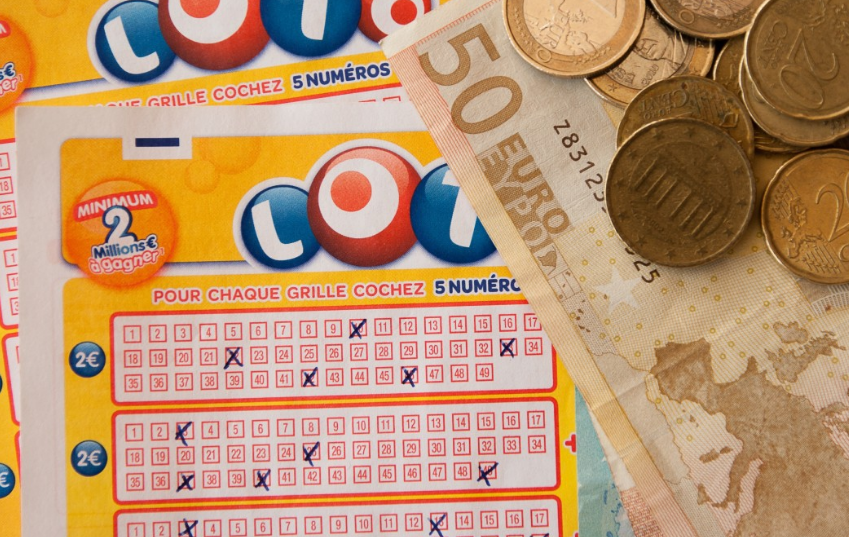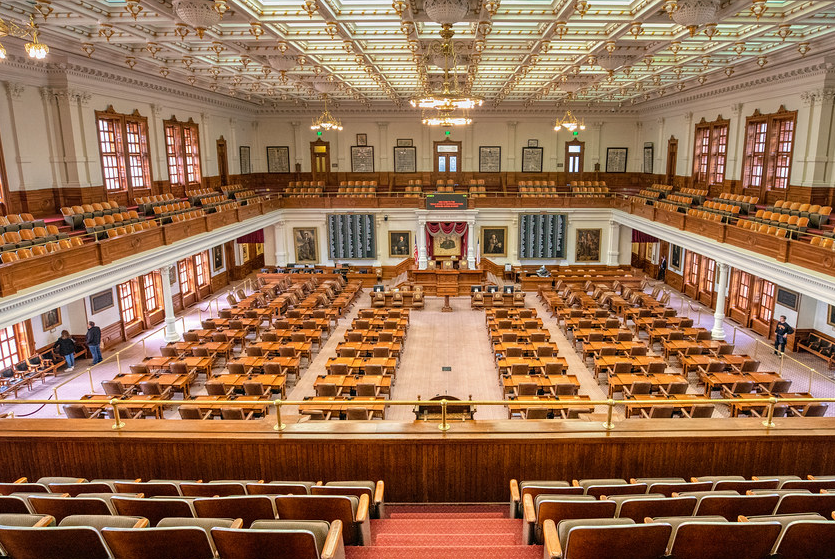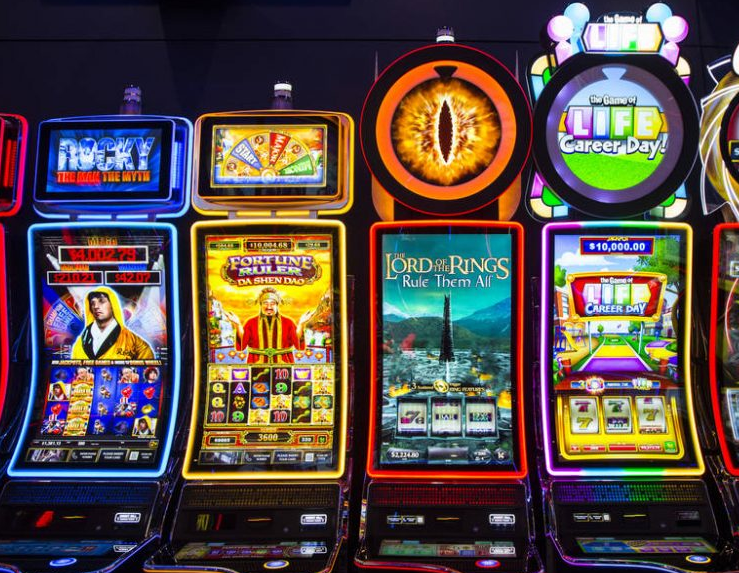French lottery giant FDJ United faced a tough year in 2025, with net income plunging 56 percent to 176 million euros due to steep tax increases and stricter rules on online gaming. This sharp drop highlights the growing pressures on Europe’s gaming sector, but the company holds firm on its core strengths and eyes a rebound. Investors watch closely as leadership shifts aim to steer through the storm.
FDJ United released its 2025 earnings on February 19, 2026, painting a picture of resilience mixed with headwinds. Gross gaming revenue rose a modest one percent to 8.7 billion euros on a restated basis compared to the prior year. Yet, overall revenue slipped three percent to 3.7 billion euros, squeezed by rising costs from new taxes.
Recurring EBITDA held steady at 902 million euros, delivering a solid margin of 24.5 percent. The reported net income fell dramatically to 176 million euros, down from 398.8 million euros in 2024. Adjusted net income dipped just 0.3 percent to 487 million euros, showing underlying operations remained robust despite the hits.
The board moved to reward shareholders with a proposed dividend of 2.10 euros per share, a slight bump from 2.05 euros last year. This payout reflects an 80 percent ratio of adjusted net income, signaling confidence in future cash flows. Free cash flow hit a record 782 million euros, with an 87 percent conversion rate from EBITDA.
One key metric stands out. Net financial debt dropped by 100 million euros to 1.72 billion euros, thanks to strong cash generation even amid acquisition costs from the Kindred deal.
Tax Increases and Regulations Weigh Heavy
Higher taxes emerged as the main culprit behind the profit drop. In France, gaming taxes jumped starting July 1, 2025, adding over 50 million euros in extra levies across the year. Similar hikes hit in the Netherlands from January 1 and Romania from August 1, pushing the group’s total tax bill to 130 million euros.
Public levies now eat up 59.9 percent of gross gaming revenue, up from 58.5 percent in 2024. An added 15 percent tax on advertising and promotion expenses kicked in July 2025, costing more than five million euros. Plus, an exceptional tax on profits added 26.7 million euros to the burden.
These changes cut net gaming revenue by 2.7 percent, directly fueling the revenue decline. Tighter regulations, especially on online betting, added to the strain. In the Netherlands, rules curbed promotional activities, slowing growth in that market.
The online betting and gaming unit, which includes the newly integrated Kindred, saw gross gaming revenue fall 8.1 percent. Revenue there dropped 11.8 percent to 908 million euros after a 23.2 million euro tax impact. Active players grew over 10 percent, a bright spot showing customer engagement holds strong.
Cost controls helped offset some pain. The company kept recurring EBITDA margins stable through smart spending and efficiency gains. Still, the net financial expense rose to 63.5 million euros from a gain of 5.3 million euros in 2024, tied to debt from buying Kindred.

Leadership Changes Signal Fresh Direction
FDJ United announced key shifts in its executive team on the same day as the earnings release. Nils Andén, who joined as chief online betting and gaming officer in October 2024, will leave the company for new projects. He led the swift integration of Kindred, wrapping it up a full year ahead of schedule.
Pascal Chaffard steps in as the new chief online betting and gaming officer, also taking on group strategy and operational transformation roles. Chaffard, formerly the chief financial officer, brings deep experience in finance and performance to tackle the online challenges head-on.
Celia Verot, who came on board in 2024 as chief regulatory officer, now becomes general secretary, general counsel, and chief regulatory officer for the group starting January 1. The search for a new CFO continues, with an announcement expected soon.
These moves come as FDJ United reorganizes its online unit. The business will merge Kindred’s activities with competitive online operations in France. This includes blending finance and legal teams, plus combining Parions Sport en ligne and Unibet France for better efficiency.
The integration of Kindred has already borne fruit. Milestones like separating player accounts in France by February 2025 and merging accounts by June helped streamline operations. New platform rollouts in the UK and Romania, along with brand launches like 32Red in Romania and Otto Casino in Sweden, boosted capabilities.
Marketing automation and AI-driven customer service optimizations are underway, aiming to cut costs and lift player satisfaction. Recurring EBITDA for the online unit came in at 182 million euros, with a 20 percent margin, down from 28.5 percent but still healthy.
Path to Recovery Looks Promising for 2026
Looking ahead, FDJ United expects slight revenue growth in 2026, with recurring EBITDA margins steady at 24.5 percent. Gross gaming revenue should climb, but additional taxes totaling 90 million euros will offset gains. This includes new hikes in the UK from April 1 and more in the Netherlands from January 1, plus calendar effects from 2025 changes.
The company plans measures to counter about 100 million euros in costs, focusing on operational tweaks. Net financial debt aims to shrink another 100 million euros, bringing the leverage ratio below 1.9 times.
Over the medium term, from 2026 to 2028, revenue growth targets five percent annually on a constant tax basis. Recurring EBITDA margins should top 26 percent by 2028. The performance plan now eyes over 150 million euros in cumulative gains by 2028, up from a prior 120 million euro goal.
More than half of those gains will come from the online betting and gaming unit, with about 40 percent from the French lottery and retail sports betting side. EBITDA to cash conversion stays above 80 percent, capex at four to five percent of revenue, and dividends grow at least at a 75 percent payout ratio of adjusted net profit.
Chairwoman and CEO Stéphane Pallez captured the mood. She said the group showed model strength and kept transforming amid tax rises and tight rules. With a beefed-up plan and new online setup, FDJ United will boost efficiency and return to profitable, sustainable growth by 2026.
Here is a quick look at the key financial figures in a table for clarity:
| Metric | 2025 Amount (euros) | Change from 2024 |
|---|---|---|
| Gross Gaming Revenue | 8.7 billion | +1% |
| Revenue | 3.7 billion | -3% |
| Recurring EBITDA | 902 million | -6.5% |
| Reported Net Income | 176 million | -56% |
| Adjusted Net Income | 487 million | -0.3% |
FDJ United’s story in 2025 serves as a wake-up call for the gaming world, where taxes and rules can flip profits overnight, yet it also sparks hope with smart moves and steady dividends that keep investors on board. As this French powerhouse navigates choppy waters, it reminds us how vital adaptation is in a regulated industry that touches millions of lives through entertainment and chance.








